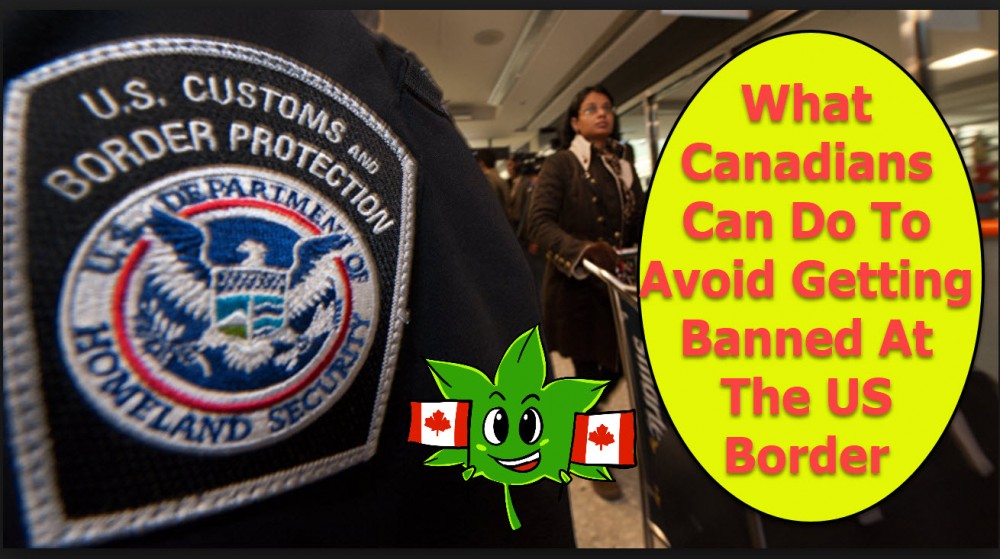Canada’s Feds Will Be Going Through Your Social Media Accounts
As Canada gears up to usher in a new era of legal recreational cannabis, part of their strategy to gather information will include scouring through citizens’ social media accounts.
Yes, you read that right.
Ottawa will be utilizing the services of a third-party contractor to help the government gather information not just about Canadians’ attitudes toward legal cannabis, but things like where you’re lighting up and even criminal activity. Public opinion surveys aren’t giving the feds enough information, so this is the next step they’re taking.
The Canadian government released a notice last month announcing that they will be engaging in a project to obtain cannabis-related information from Canadians to help them better regulate and legalize the drug. For one thing, finding out more about whether or not people drive high will help the government implement better communication campaigns targeted to public safety.
“Overall, this research intends to inform policies surrounding public safety issues that accompany cannabis legalization,” says the notice.
“Exploring public perceptions of cannabis use and related behaviors is key to developing a better understanding of how best to communicate to the general public about the risk of use and engaging in certain behaviors.”
Once the bid is awarded, the agency will be using algorithms to extract information from social media sources including Facebook, Instagram, and Twitter. They will also be collecting individual data such as your age, location, sex, and area of residence. Public Safety Canada calls this “opinion mining”.
“Social media data is arguably more unconstrained and rich in detail than self-report survey data,” says the notice. “When complemented by self-report survey data, social media data can provide policy-makers with a more complete picture of how the public perceives cannabis use and related behaviors in the current pre-legalization context.”
The notice also states that while self-reported data does provide a good insight into the attitudes and behaviors of citizens concerning cannabis, these surveys are still subject to biases especially when closed-ended questions are used, which affects the overall quality and reliability of the results generated.
The government also wants to learn more about how Canadians are buying, selling, and sharing their cannabis; potential criminal activity, how often they consume, how, and where; and their overall thoughts about legalization. Government officials also want more data to help them gauge if legalization helps reduce criminal activity, which is one of the main reasons why adult-use cannabis will be legalized in the first place. “One of the primary aims of cannabis legalization and regulation is to reduce criminal involvement in the cannabis market,” reads the notice. “It is therefore important to examine the current state of illicit cannabis markets in order to assess any changes in such markets once cannabis is legalized.”
The government cites a 2013 study stating that cannabis is the most commonly sold drug on the dark web, which makes up for a third of all online drug transactions.
“What is unclear, is the number of illegal, online transactions that occur in Canada, as well as the proportion of cannabis that is traded on the internet,” reads one of the tenders. “The general goal of this project is to estimate the extent to which cannabis is illicitly bought and sold by Canadians on cryptomarkets, identify trends in the buying and selling behaviors of Canadian cryptomarket users, and discuss the policy and law enforcement implications of cryptomarkets within a Canadian context following legalization.”
“Although vendors on the marketplace were located in 41 countries, wholesale activity was confined to only a quarter of these, with China, the Netherlands, Canada, and Belgium prominent.”
While the federal government sets the baseline rules when it comes to production and consumption of cannabis, Canada’s territories and municipalities will have the final say in deciding if cannabis can be sold in private or public areas, and the consumption limits for using in public. However, it isn’t the first time that the government is issuing such studies to have a pulse on the attitudes of the people toward cannabis.
By October 17, Canada will legalize recreational use cannabis. In their 2015 election platform, the Liberals have pledged to put an end to cannabis prohibition.
Canada’s Feds Will Be Going Through Your Social Media Accounts from CannabisNet on Vimeo.
OTHER STORIES YOU MAY ENJOY..
SOCIAL MEDIA TIPS FOR YOUR CANNABIS BUSINESS, CLICK HERE.








